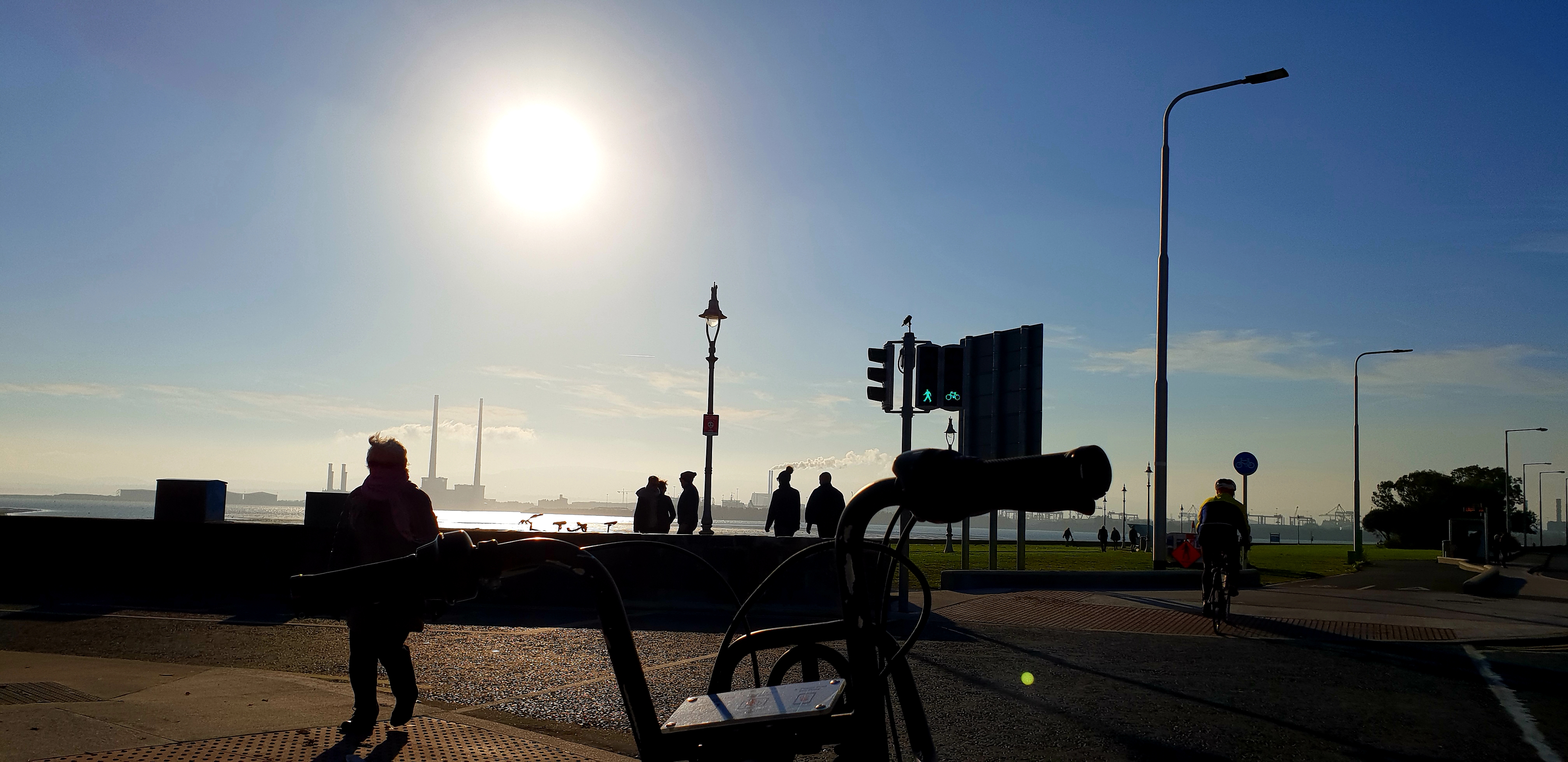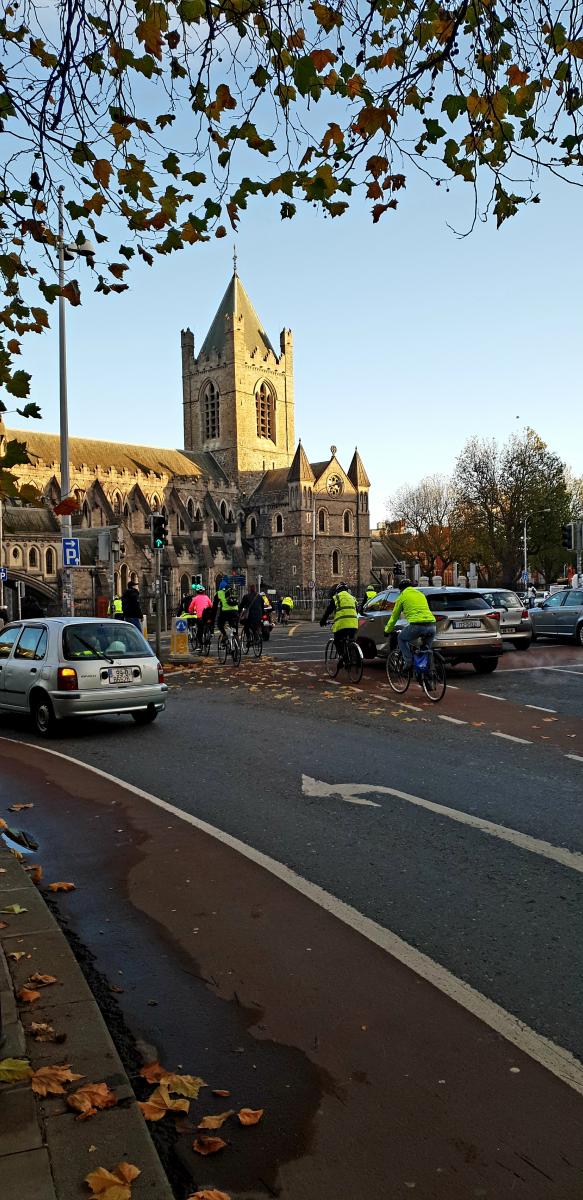
Technology, Intelligent Transport Systems and Data Analytics
In keeping with EU and national policies, Dublin City Council’s City Development Plan 2016-2022 has an aspiration for Dublin to become a low-carbon and sustainable city.
Dublin City Council’s Transportation Section is striving to enable this by fostering behavioural change through implementation of its Smarter Travel Policy and increasing the percentage of cyclists from the current 6% to 25% mode share by 2040. At present there are 200,002 commuting trips made in Dublin each morning and by 2040 this is estimated to increase by an additional 50%.
Dublin, Ireland is home to 10 of the top 10 global ICT companies including Google, Facebook and Twitter and a large part of Dublin’s docklands has been transformed from warehousing into a vibrant tech hub called the ‘Silicon Docks’.
So as part of the Velo-city 2019 Conference in Dublin next June, we will be exploring if Technology, Intelligent Transport Systems and Data Analytics can have a similar transformative effect to increase the modal shift of cycling, and how will advances in technology change the roadmap for cycling in a connected world, for better or worse?
The ordinary bike leaves no digital trace of its use, has no connected link for information, yet most bike users carry digit devices which can track their movements. As part of Velo-city Dublin 2019, we will be exploring the role of data analytics in highlighting deficiencies in infrastructure, areas of congestion for cyclists, long waiting times for cyclists, and origin and destination information on cycling. Looking at how this data can be collected and how it can be used to inform future projects.
Do cities do enough to detect, protect and guide cyclists through the main areas of potential conflict in a city, namely the signalised intersection? All red extensions for cyclists, reduced waiting time for cyclists at traffic signals during rainfall or other weather conditions, the advantages or disadvantages of early starts for cyclists. How can technology be used to safe guard cyclists or is there better alternatives? We will explore what technology has been used, and for what, and how do technology and civil infrastructure complement each other in safe designs.
Discussions in relation to the future of mass transit of people and products often raise the issue of mobility as a service. The role of the bicycle needs to be explored in relation to this new future. How does cycling fit in as part of a door to door multi modal mobility chain, how can it be integrated into mobility as a service and is cycling the answer to the “last kilometre” for mass transit and commercial deliveries?
As technology has expanded cycle share schemes, both station and stationless bikes have developed in most major cities. As part of this changing environment the issue of how cycling will work and combine with mass transit needs to be explored in order to ensure that technology can enable bicycle booking, safe and secure cycle parking, and access to the other modes in a seamless fashion. These cycle sharing schemes are an excellent source of cycle usage data that can be shared with local authorities to enhance and further improve infrastructure where needed.
One future that is being proposed is to have autonomous and connected vehicles (mostly cars), where the current disadvantages of car use: such as paying for parking, safety, and accidents will be removed, creating an environment where the autonomous vehicle will be king. Is this the right future for everyone and where does the cyclist fit into this future connected world?
Author: Dublin City Council
*Don't miss an update - Follow us on Social Media to stay up to date: Facebook, Twitter, Instagram, LinkedIn *Signup to the Velo-city Newsletter on the VC19 Dublin website www.velo-city2019.com
News category:
Network/Project Involved:
Contact the author
Recent news!
Upcoming events
Contact Us
Avenue des Arts, 7-8
Postal address: Rue de la Charité, 22
1210 Brussels, Belgium










